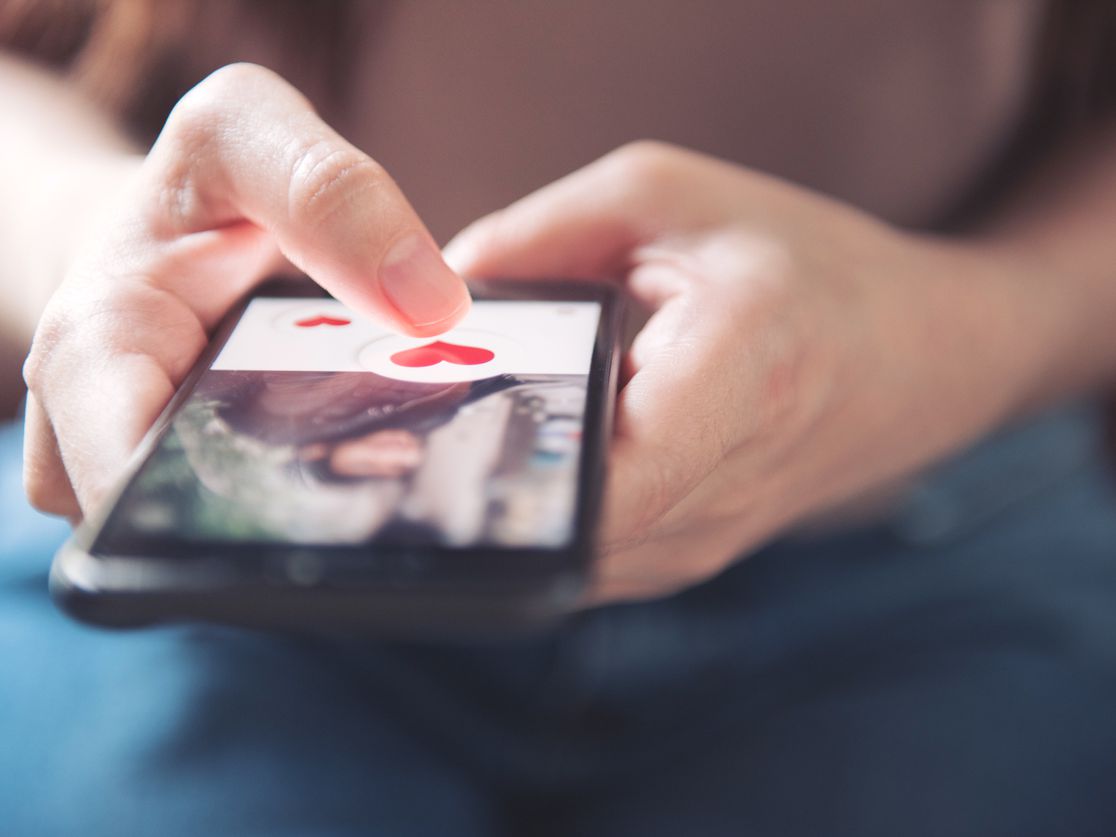
There is a quote from the old German film titled ‘The Bitter Tears of Petra von Kant’, which most describes the human situation. “I believe that people need each other, they are made like that. But they still don’t know how to stay together. “We are all social animals, and we all want a company. The popularity of the new online dating apps has convinced us of the same thing. 5 of the 50 most popular social media applications are Tinder, Bumble, Match, Plenty Of Fish and Zoosk. All of these applications are intended to make dates easier. But, right? Let’s see what the research says.
Relationship between online dating apps and self-esteem
According to 2017 research, which includes around 1,300 participants, the percentage of people who use Tinder has lower self-esteem when compared to those who do not. This means that one of the reasons why people use online dating apps is because they are uncomfortable in their own skin. On the other hand, it can also mean that using applications like that ultimately harms self-esteem.
Deep inside, most of us really consider ourselves. This superiority complex is combined with insecurity that we don’t see how we really are. That is one of the reasons why some of us continue to post online selfies wear new and fashionable clothes, and try various Instagram filters. Only getting rid of us our insecurity does not look good. By liking our posts or commenting on them, others respect our appearance. And this ultimately provides encouragement to our increasingly thin confidence.

This is what happened in dating apps. People who are very aware of their appearance, but who also think that they are not enough to be valued for them, join the date application. For them, the main question will not take place or meeting someone. Seeing their matches on the dating apps only spoiled their insecurity about their appearance.
Pain of rejection
No matter whether you are looking for a date or just appreciation from the others, painful rejection. Millions of people use online dating apps every day, and it is clear that no one faces continuous rejection. Read or hear about the story of other people who are more successful than them with the application put salt on their wounds. The worst is rejection. When you get a match and are unmatched after sending your first message, or not getting a reply at all, you receive a blow. A painful rejection blow.
According to a study by Proceedings of the National Academy of Sciences in 2011, rejection is very similar to physical damage. The pain we experience after rejection causes our brain to experience the same difficulty suffered when dealing with wounds or physical injuries. In addition, as well as the wound leaving the scar behind him, in the same way, the pain of rejection remains with us in the form of lower self-esteem.
Online Dating Addiction
According to a survey conducted by Match.com, 15% of singles suffer from online dating addiction. Also, although men are more vulnerable to this type of addiction, women usually suffer more. Another survey conducted by single people in America for Valentine’s 2017 stated that 57% of the Millennium Loneliness and 22% of Millennium recognized that technology has made love more difficult.
This statistic clearly shows that many online dating applications may make exactly the opposite of what they should do. They have raised less well-known psychological disorders called odd (online dating addiction disorders). People with this disorder swipe throughout the day not only because they really want to date, but because they are addicted to seeing new faces in the application every day. This compulsive behaviour is very dangerous to one’s self-esteem. If they are not helped early on, this condition may become more severe. This may greatly affect one’s normal social life and a person’s relationship with the family.
Tips for overcoming online dating addiction
Admit that there is a problem:
The first and most important step to solving the problem is to admit that there is a problem. It is clear that you don’t get anything from the dating application. And if you get something, then that’s not what you want, because only dissatisfaction starts compulsive behaviour.
Share your experience:
Even psychology has strengthened the importance of recognition. If you haven’t discussed this problem with anyone, now is the right time to do it. When talking to someone who knows you the most, tell them about your situation. Don’t hide anything. Talking about your problem will help you see it from an objective perspective. This will reduce your guilt, and make you more comfortable with yourself.
Leave your own phone:
When you were born, you were not born with a cell phone in your hands. Your increased dependence on someone clearly shows that there is something that is not true. You have to give yourself at least an hour every day when you can’t use your cell phone.
It seems impossible, right? That certainly won’t happen if you and your cellphone are in the same room or even the same house in this matter. Just walk, drink coffee, meet a friend, or do anything, and leave your cell phone alone. And once you come back, see how little happens while.
Stay busy:
Make a point not to say no to the friends who come out. If there is a movie in the cinema, go out with your friends and watch it. Do things that don’t make you feel lonely and worthless. If you don’t have friends, it’s okay too. Find a hobby. Join the language course or register for a long trip. Opening yourself to human interaction will definitely reduce your desires because it is unconsciously what you are looking for.